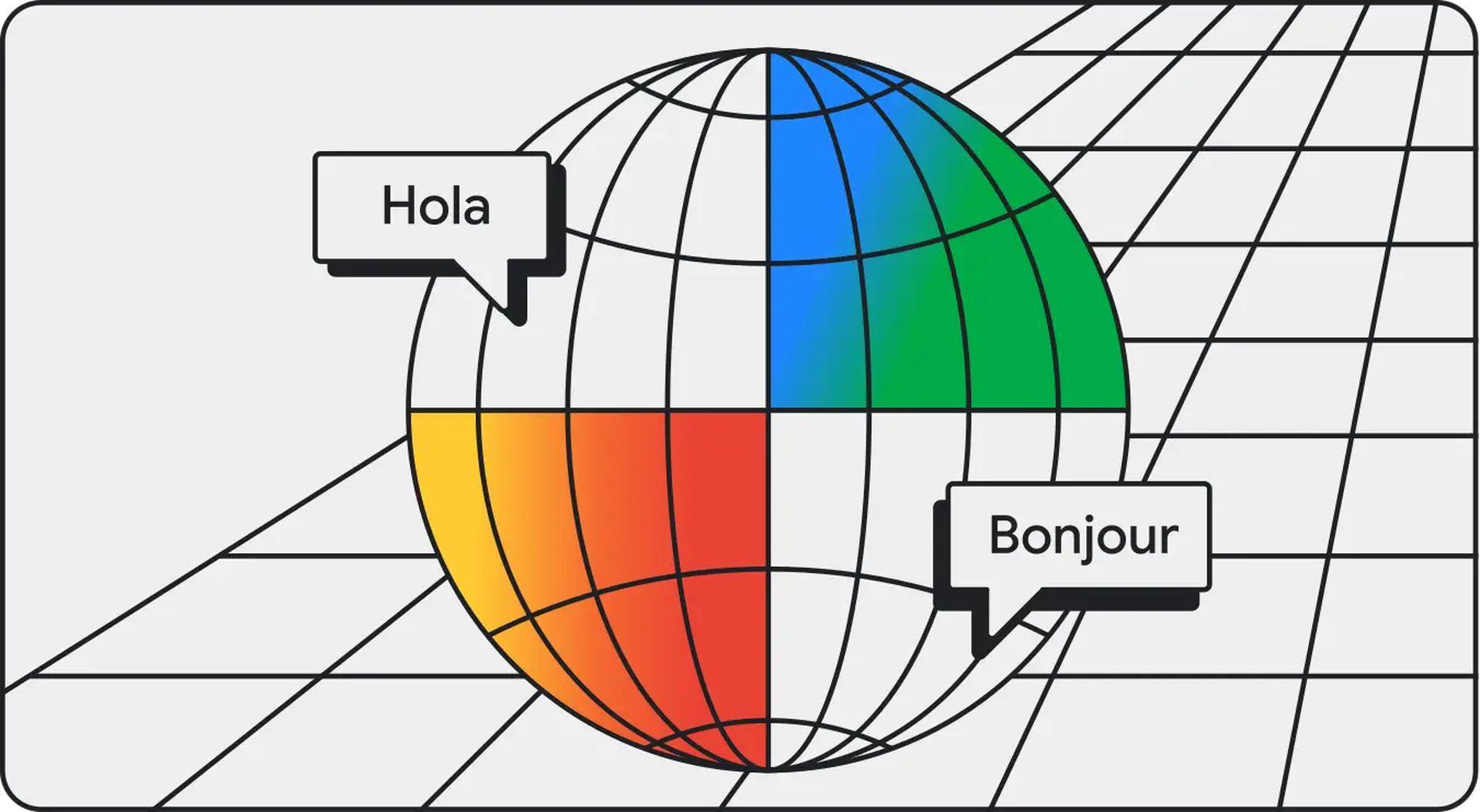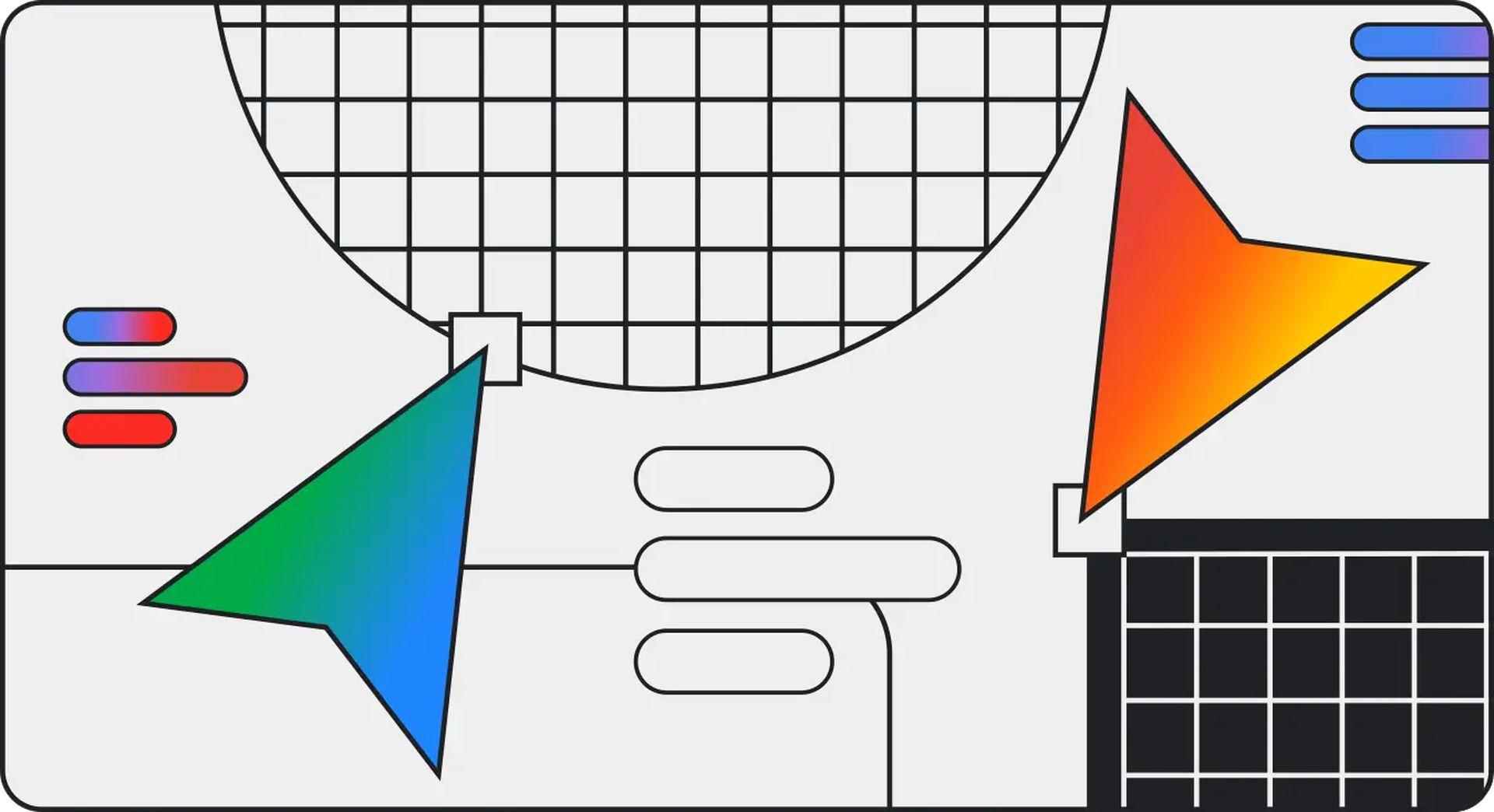Google I/O, Google’s annual developer conference, took place virtually this year on May 14th, 2024. The event, much anticipated by tech enthusiasts and developers alike, served as a platform for Google to showcase its latest advancements in artificial intelligence, software updates, and hardware innovations.
This year’s I/O was particularly noteworthy for its emphasis on the continued development and integration of Google’s AI technology, Gemini, across various products and services.
Enhanced Google Search
- Video search: Google Lens can now search by analyzing recorded videos. Users can ask questions during the video, and Google’s AI will attempt to find relevant answers online.
- AI overviews: Google Search is receiving an AI overhaul. Users will see “AI Overviews” (previously called “Search Generative Experience”) featuring summarized answers from the web, similar to AI search tools like Perplexity or Arc Search.

AI integration across products
- Ask Photos: A new feature coming this summer allows users to ask questions about their Google Photos library using Gemini. It can retrieve specific information beyond basic photo identification.
- Gemini in Workspace: The latest Gemini model (1.5 Pro) will be integrated into the Workspace sidebar for Docs, Sheets, Slides, Drive, and Gmail. It will function as a general-purpose assistant, fetching information from your Drive content and performing tasks like composing emails or setting reminders.
New AI models and tools
- Gemini 1.5 Flash: Google introduced a new AI model, Gemini 1.5 Flash, optimized for fast responses on specific tasks. It complements the existing Gemini 1.5 Pro model with a wider range of capabilities.
- Project Astra: This ambitious project aims to create a do-everything AI assistant that can understand visual information, remember locations of objects, and perform actions on your behalf.
- Veo: Google’s answer to OpenAI’s Sora, Veo is a generative AI model that creates 1080p videos based on text, image, and video prompts. It’s already being used by some YouTube creators and is pitched for potential use in films.
- Gems: Similar to OpenAI’s GPTs, Gems allows users to customize Gemini for specific interactions and specializations. It’s available for Gemini Advanced subscribers.
AI for improved user experience
- Gemini live: This new feature aims to make voice chats with Gemini feel more natural. The voice will have added personality, and users can interrupt or ask it to analyze their camera feed and provide real-time information.
- Circle to Search: Android users can now circle a math problem on their screen and receive step-by-step guidance to solve it, preventing students from simply copying answers.
- AI-powered scam detection: Android phones will leverage on-device Gemini Nano AI to identify and warn users about potential scam calls based on red flags in conversation patterns.
- AI for on-device tasks: Android devices will soon allow users to ask questions about videos on screen, with answers based on automatic captions. Additionally, Gemini Advanced users on Android can utilize Gemini for PDF analysis and information extraction.

AI integration in Chrome
- Gemini Nano in Chrome: Google Chrome on desktop will integrate Gemini Nano, a lightweight version of the AI model. This built-in assistant will utilize on-device AI to generate text content for social media posts, product reviews, and more directly within Chrome.
AI for content security
- SynthID upgrades: Google is expanding the functionalities of SynthID, its AI watermarking technology. It will now embed watermarks into content created with Veo and can also detect AI-generated videos.
Google I/O 2024 provided a glimpse into the future of technology, showcasing Google’s advancements in AI, software development, and responsible AI practices.
Google’s commitment to responsible AI development demonstrates an awareness of the ethical considerations surrounding this powerful technology. With these advancements, Google positions itself at the forefront of technological innovation, paving the way for exciting possibilities in the years to come.
Featured image credit: Google






